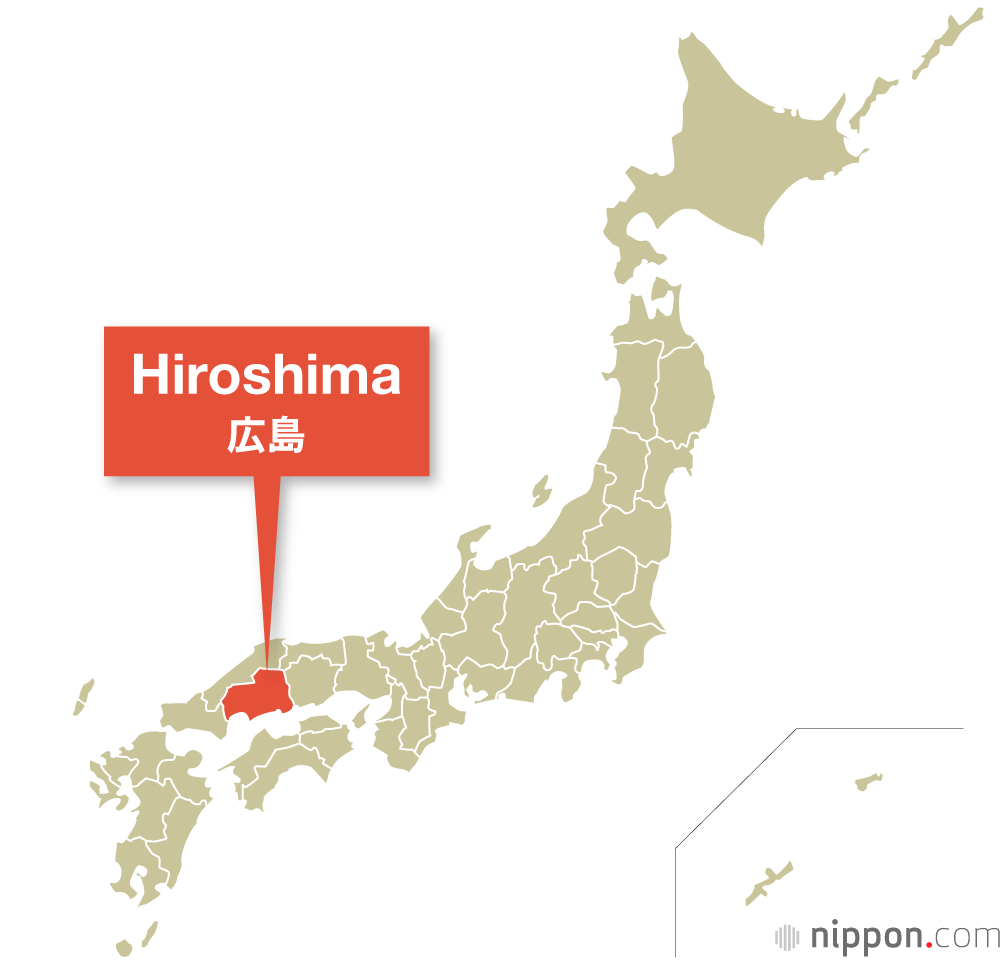Hiroshima Prefecture
Banzai Japan
Idol Group
Visit there
Website
Hiroshima Prefecture is famed for its oysters, mikan, and sake, and is home to the Hiroshima Peace Memorial and Itsukushima Shintō Shrine.
Hiroshima Prefecture is located at the southwestern end of the island of Honshū, in the Chūgoku region. It is largely mountainous, dominated by the Chūgoku range that runs along the northern border.
The Seto Inland Sea forms the southern boundary of the prefecture and boasts numerous picturesque islands.
Hiroshima Prefecture at a Glance
- Established in 1871 (formerly Bingo and Aki provinces)
- Capital: Hiroshima
- Population: 2,800,000 (as of Oct. 2020)
- Area: 8,479 km2

Hiroshima is home to two UNESCO World Heritage sites, the Hiroshima Peace Memorial commemorating the August 1945 atomic bombing of the city and Itsukushima Shintō Shrine, traditionally held to be one of the three most beautiful spots in Japan.
The mountains to the north offer abundant hiking and other outdoor activities, and in the south scenic spots dot the coastline and islands of the Inland Sea.
Manufacturing is a pillar of Hiroshima’s economy, including heavy industries like shipbuilding and automotives, along with pioneering sectors such as electronics.
Hiroshima’s central location also makes it a domestic and international transportation hub.
The prefecture is a major producer of mikan mandarins and other citrus fruits, as well as wagyū beef, and its succulent oysters feature on menus at restaurants around Japan. A major rice grower, Hiroshima is also famous for its sake.
Hiroshima Kiyomori is the prefecture’s official tourism PR character.
He is based on the military leader Taira no Kiyomori, who had deep connections with Itsukushima and other sites around Hiroshima.
Famous Figures
- Ibuse Masuji (1898–1993): Novelist, poet, and essayist. Author of the short story “Sanshōuo” (tr. by John Bester as “Salamander”) and the novel Kuroi ame (tr. by Bester as Black Rain) recounting the atomic bombing of Hiroshima.
- Maruki Iri (1901–1995): Artist and hibakusha who with his wife Toshi (1912–2000) created “The Hiroshima Panels.”
- Oda Mikio (1905–1998): Athlete and the first Japanese Olympic gold medalist. Won the triple jump event at the 1928 Summer Olympics in Amsterdam.